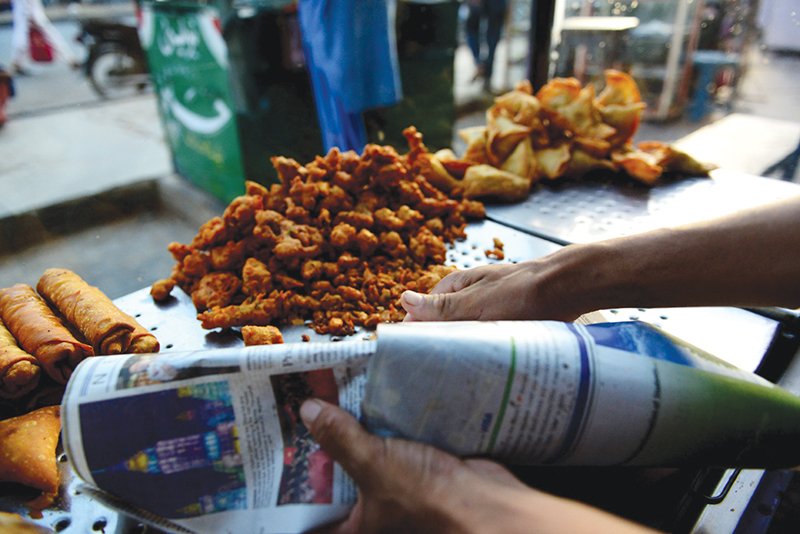Inside BENEO’s new pulse plant: pioneering sustainable protein from faba beans
It is been seven months since Food Safety and Standards Authority of India (FSSAI) has circulated a circular informing that usage of newspaper in food packaging can cause serious health hazards. But it seems like the state of Karnataka is still in a sleep in this context. The decision to ban the usage of newspaper in food packaging came after a study revealed that food contaminated by newspaper ink can raise serious health concerns. The printing ink used in newspaper printing besides containing chemical contaminants may have pathogenic microorganisms as well. Realising the seriousness of the issue, Kerala Food Safety Commissioner has already drawn the curtains for the usage of the newspaper for food packaging but Karnataka state has yet to take a firm step on the subject.
This comes seven months after the FSSAI issued a circular to food safety commissioners of all states and union territories to initiate a campaign for creating awareness amongst all stakeholders to discourage the use of newspapers for packing, serving and storing of food items.
Dr Shivappa, Joint Director, Food Safety, said, “We had issued a circular to all designated officers to create awareness about this but are unable to find the circular. It hasn’t been uploaded on our website either.”
Kerala Food Safety Commissioner in his notification dated July 11 pointed out that wrapping food in printed paper would cause chemical and microbiological contamination of food. “This practice is equal to slow poisoning,” the order observes. The FSSAI in December last year had advised banning newspaper packaging that can lead to cancer.
The order was issued as per Section 30(2)(a) of the Food Safety and Standards Act, 2006, which enables the commissioner to prohibit in the interest of public health, the manufacture, storage, distribution or sale of any article of food, either in the whole of the state or any area, not exceeding one year.
Shivappa said that other alternatives available are ceramic plates, areca, steel plates, banana leaves and thick polythene paper. “Ceramic plates are not cost effective and steel plates need to be washed. Banana leaf is easily available and cost effective too. Plastic is banned so it cannot be used. Another alternative is recovering the additional cost from customers,” he said.
Dr. Harshvardan B, Deputy Commissioner (Squad), Food Safety, said that though designated officers in districts had been told to disallow wrapping of bajji and bonda in newspapers during monthly meetings no notification had been issued yet.
Unless a notification is issued, it is not legally binding, it will merely remain circular, said K Srinivasa Gowda, Joint Commissioner, Food Safety. Karnataka Food Safety Commissioner Subodh Yadav said that a similar notification will be issued soon.

